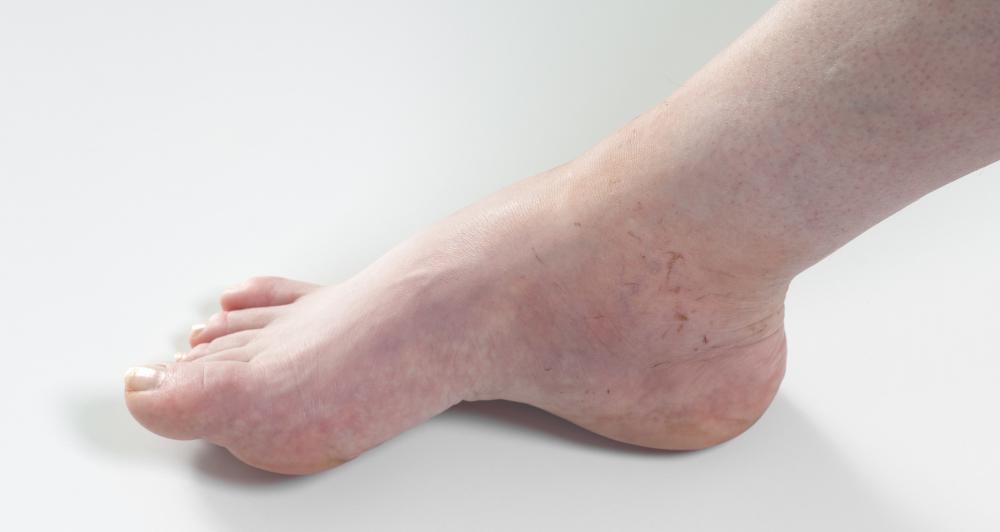At WiseGEEK, we're committed to delivering accurate, trustworthy information. Our expert-authored content is rigorously fact-checked and sourced from credible authorities. Discover how we uphold the highest standards in providing you with reliable knowledge.
What are the Most Common Type 1 Diabetes Symptoms?
The most common type 1 diabetes symptoms are extreme hunger and thirst, frequent urination, blurred vision, fatigue, and weight loss without a decrease in appetite. Patients who are yet to be diagnosed with the disease do not always notice type 1 diabetes symptoms before the disease is discovered in a blood test. All symptoms can be managed with daily shots of insulin.
Extreme hunger is a common type 1 diabetes symptom. Individuals with diabetes lack sufficient levels of insulin, which plays an important role in bringing sugar into cells. Without sugar, the organs and muscles of the body receive inadequate energy. As food is not properly processed, diabetes patients find it difficult to receive satisfactory nourishment.

Though a heavy appetite is one of the type 1 diabetes symptoms, those with the disease can also experience weight loss, sometimes at a rapid pace. This is the result of a lack of energy from sugar. The loss comes primarily from the shrinkage of muscle and stored fat.
Diabetes patients often experience constant fatigue. This is also due to a lack of vital energy from sugar. Patients may also notice an accompanying increase in irritability.

As sugar is not absorbed by individuals with diabetes, it begins to accumulate in the bloodstream. The blood then draws fluid from other areas of the body in order to compensate. The resulting thirst is difficult to satisfy, because the imbalance of the sugar in the blood cannot be resolved without intervention. The result is a frequent need for urination, despite continued thirst.
Fluid being drawn from other parts of the body can also affect vision. The eyes need proper lubrication in order to focus. For that reason, blurred vision is another common symptom of type 1 diabetes.

An extremely high level of sugar in the bloodstream can lead to more severe type 1 diabetes symptoms such as fast, deep breathing, stomach pain, flushing, and dryness of the mouth and skin. Some patients may also experience vomiting or nausea and have difficulty keeping fluids down. These symptoms can come on more quickly than the most common signs of the disease.
Taking insulin can cause a different set of symptoms, such as low blood sugar, headache, shaking, heart palpitations, and feelings of nervousness. Patients may also experience sweating and weakness. It is important for diabetes patients to eat regular, carefully balanced meals in order to keep blood sugar levels balanced.
AS FEATURED ON:
AS FEATURED ON:













Discuss this Article
Post your comments